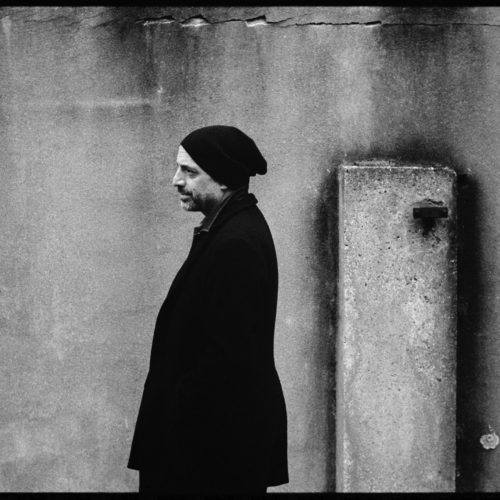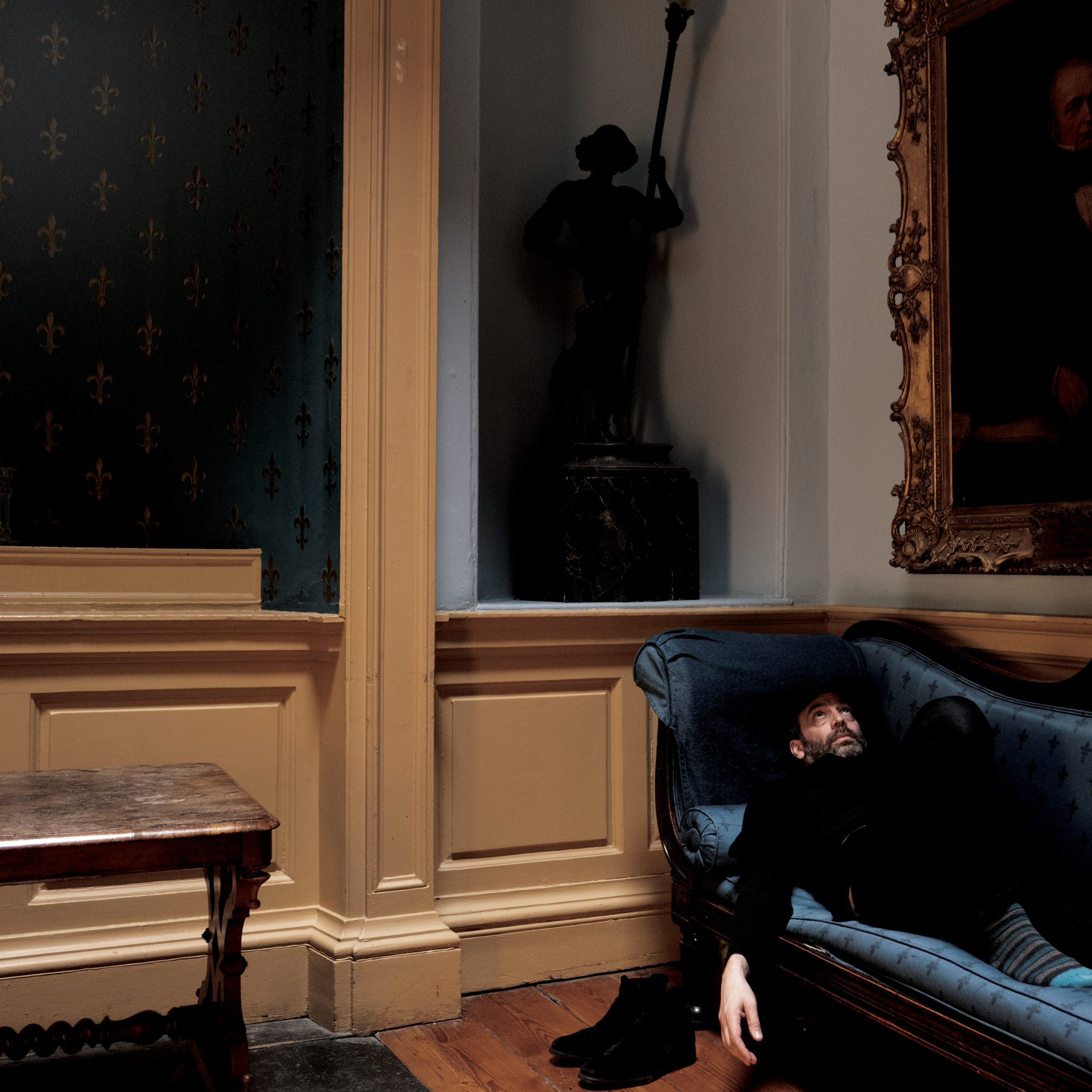
Measure of Joy
—
Out February 07, 2025
—
Valley of Eyes Records



Like many artists, Adrian Crowley doesn’t know where his songs come from. But he knows how he felt each time one was born: a sense of release. Guided by instinct and catharsis, he did not plan a collection. And yet, the songs feel as if they were always meant to be together. I guess nowadays they call this a mood but, in my day, it was called a vibe. A cosmic vibe, sometimes. Stars in the sky, walking through the woods, the merciless dawns, an existential crush guided by a voice so calm and yet so sad, at the same time soothing and broken.
This is album 10 for Crowley: an achievement number and maybe even a career high, but the music doesn’t bother with that. They are just great songs. His music has been described as indie folk but of course that’s just lazy. Crowley is a songwriter and a poet. Here, also, he is in the company of John Parish, who is always more than a producer. He’s been present in the beautiful ‘The Watchful Eye Of The Stars’ (2021) and they’d met in the ‘90s. They weren’t in touch again for many years until a mutual friend, Nadine Khouri asked Crowley to contribute backing vocals to her album that she was making with John. And so came the collaboration. Nadine Khouri is here too, in backing vocals for Adrian now, and her mysterious voice makes it all sound so rounded but not perfect, like stones in the riverbed.
‘Measure of Joy’ is a nocturnal album. Not in the usual commonplace sense of dark and moody though it can be. The night is present in the sounds that can only be noticed when most things rest. In the lost transmission and the ghost lips that talk on the phone over sleepy jazz. In the violas and violins during a delicious visit to the cemetery in ‘Cherry Blossom Soft Confetti’, a song that is a eulogy and a party. In that love that doesn’t speak in the pensive ‘Lost at Last’, the song that opens the record, or in ‘Tangled’, a tune carried by the clarinet played by Crowley, where the narrator sings “I could free myself/ from the dark tendrils that cling to me/ If I didn’t find them so exquisite”.
There’s a few surprises here, too. The voice that sings in ‘Drunk on Promises’ is so different to Crowley’s baritone. He’s stretching his range to reach a youthful little interlude, just him and Jim Barr on electric bass, that works strangely well after the upbeat ‘Genevieve Of The Mountain’, which Adrian explains like this: ‘There is a street in Paris called Rue de la Montagne Sainte- Geneviève. I had been spending a lot of time around that area of Paris and a story / verses emerged in my notebook, about a character that may or may not be fictitious – a kind of a devotional song of febrile obsession set in a city that flits from present day to other past days’. I get a sense of things that can’t last from these songs, but there’s liberation, not sadness. Or well yes, but it’s that sadness that you don’t want to avoid, and can’t, because it makes you feel alive. There’s a song called ‘Deep Dark Blue’ that presents those things that are ghostly and cannot be held in a sinister way: the echo on a silent beach, the silence in a skipped heart beat, the trick of light in the looking glass, the bouncing ball on a quiet street. The mellotron is almost menacing, and the guitar enters trembling while we can hear paper in the wind, and the hidden voice of Khouri, almost a whisper. But other times the wandering and unattainable is upbeat, festive, pagan: the hissing of summer lawns, the fox at dawn, the ‘Trembling Cup’, that sounds and reads like a torn out page from a fairy tale, the brother that runs away and never stops.
Perhaps there is a centerpiece in ‘Measure of Joy’, a song that stands out not because it’s better than the others –every song here is amazing– but because you can sense an absolute moment captured. As if it was possible to remember the event behind the photograph. Have you thought of that? It’s the strangest and yet most common of things. Look at the pictures of let’s say twenty years ago. Thirty. Childhood. Maybe you can remember the picture but dammed if you remember the moment it was taken. You can maybe even remember the day but that second everybody posed or was caught off guard or why that light was chosen, or when someone said ‘hey let’s take a pic!’. Pictures are a trick of memory, one of the best ones. And ‘Swimming in the Quarry’ is like a message from that place where memories go. It’s high July, it’s midnight, the lap steel sends you to the dark sky and two people find the opening in the wire to reach the quarry. And then night and dark cobalt water are the same as they swim under stars and space junk, and the song builds up with danger and beauty to something eternal, to reclaim a moment that life and memory should never take away, that should be preserved, like laughter and cherry blossoms and joy.
Mariana Enriquez – Autumn 2024